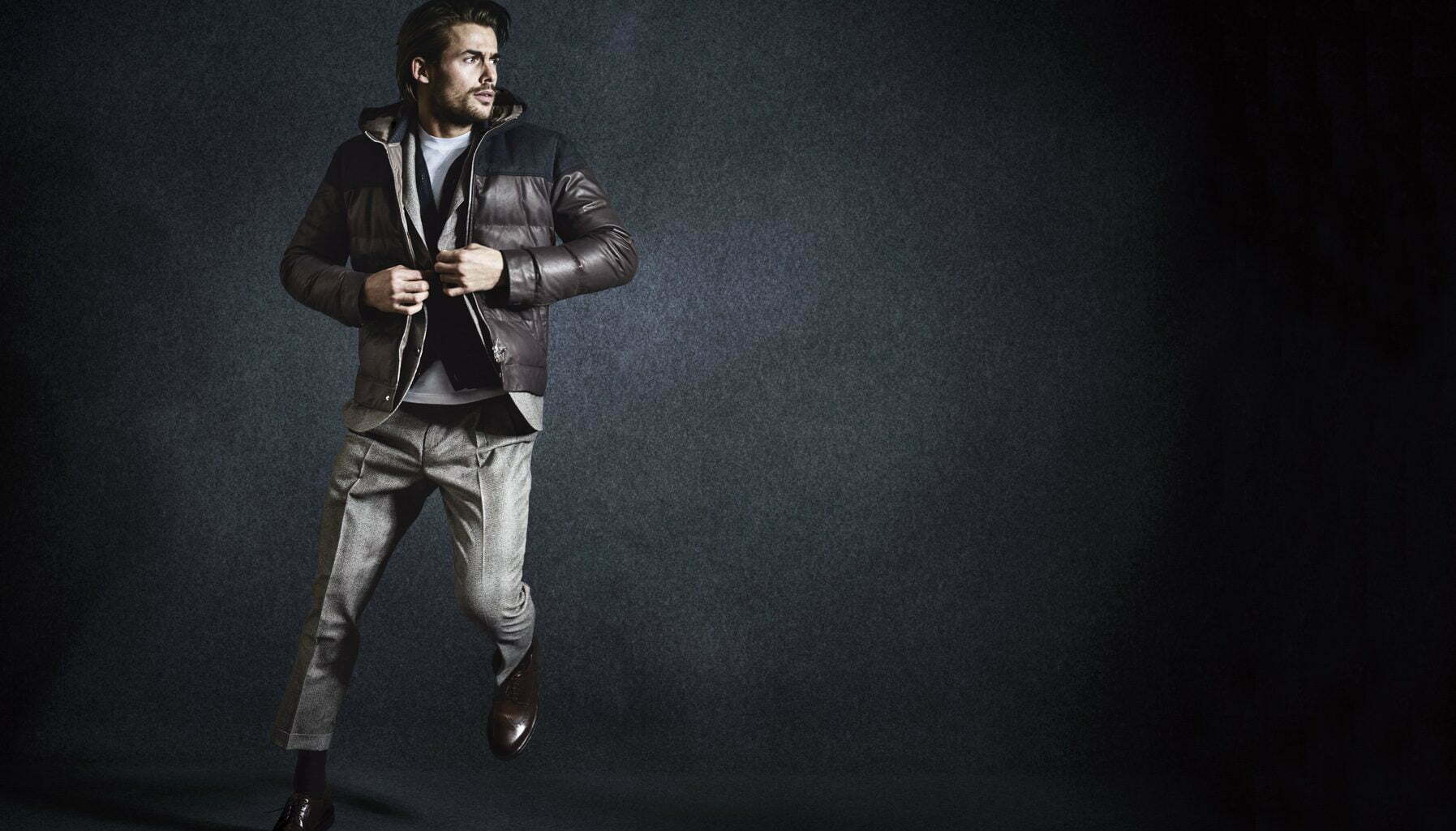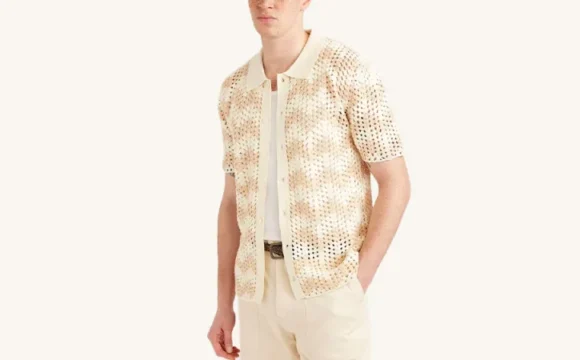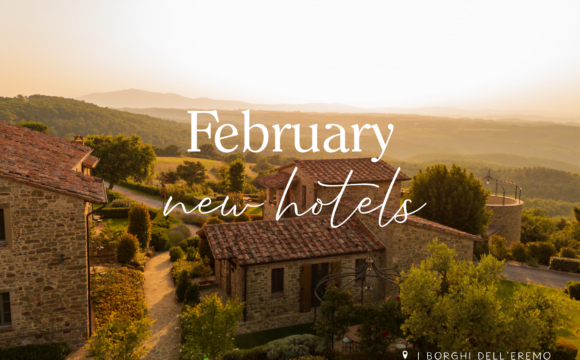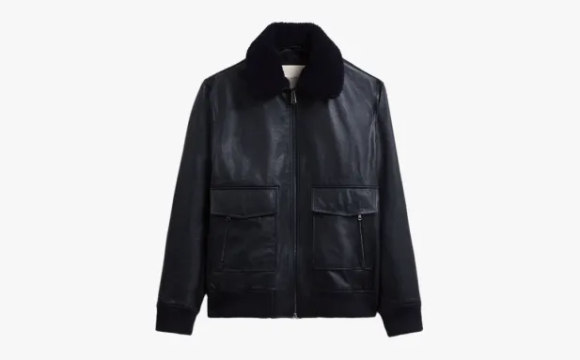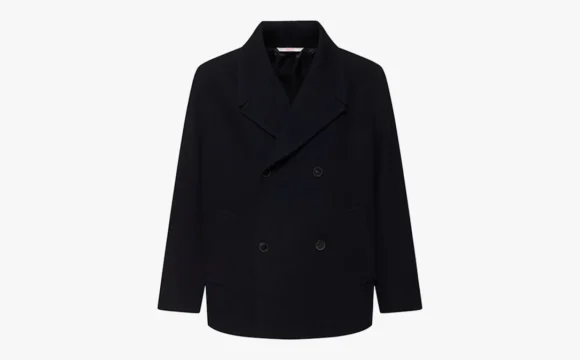Nailing it one stitch at a time
Brunello Cucinelli is hardly your typical Italian industrialist: dressed in distressed jeans, a white shirt and skinny grey tie, he’s topped by a mop of salt and pepper hair, stubble in the same on-trend shade and gleaming white teeth only outshone by his shirt. He looks very good for 62.
Perhaps it is the olive oil – his own brand – that is served in the staff canteen at his recently remodeled design and prototyping campus in Solomeo, south of Rome.
Perhaps it is because he led his eponymous company through an IPO three years ago, valuing his net worth at some £650 million (S$1.4 billion) and making him one of the most successful entrepreneurs in Italian history.
“Yes, I’m a rich man," he concedes. “But I live an ordinary life and just want what money I have to be used well. I don’t want to con you."
In those six words Cucinelli might well sum up his entire philosophy. He has built his luxury brand from the ground up. His father was a simple farmer and young Bruno grew up admiring the landlords less for their money as for their clothes.
“When we moved to the city, the first thing I did was not to show where I’d come from (through my clothes)," Cucinelli recalls fondly.
“I’d refuse to wear my brother’s hand-me-down clothes. I only had one pair of trousers but I ironed them every night. They had to be the right length and the right colour. My mother bought me a green pair once. I buried them. It’s funny to think about it now. I’m still moved by the contrast between then and today."
Small wonder that even as a child his family dubbed him The Lord. “I was the one who had to lay the table in a special way, who upset everyone by telling them they hadn’t done some tiny detail right," he says, laughing.
“I think that tells you that attitude is inborn, and why you end up wanting to bury green trousers."
But a hands-on attention to detail and a singular vision – lush, modern clothing that coddles and comforts its wealthy customers in instant Italian chic – paid off . He spotted a market for more colourful cashmere sweaters and predicted an upward projection in demand for higher clothing quality. And from that small insight, season by season over the last 37 years, a giant was formed, a blend of the corporate – the company now produces huge seasonal collections and operates dozens of shops worldwide, an expansion powered by the IPO – and the intimate – Cucinelli’s two daughters and his son-in-law hold senior positions in the business.
“The product is always first," Cucinelli stresses, “and this kind of product epitomises craftsmanship as well as exclusivity, of course. Yes, it’s a product that’s rather expensive, but it’s all made in Italy and things made in old Europe have a very high value. But there’s also a philosophy behind it all – where the product is made, how it’s made without harming people, the land, wildlife. I want profit to be fair – to respect the value chain, from raw mBrunello CucinelliBrunello Cucinelliaterials to the suppliers and all the people who work for the company, from paying them more than usual, right down to giving the people who often can do repetitive tasks here a garden to look at, not a wall."

Cucinelli agrees that his stance chimes with the times: the Internet has ushered in an age of transparency, “so there’s a new kind of ‘ethicalisation’ going on, because whereas my father knew almost nothing about his employer, now everyone knows everything," he says. “I asked my daughter recently why she’d decided not to buy a €90 ($143) pair of trousers and she said because she couldn’t work out how they could have been made fairly for that price. You can’t claim a lack of awareness anymore, because people have the information to better choose how to spend their money now."
Of course, some might argue that the choice is in itself a luxury for those who can aff ord it. But at least he is doing it this way for his business – and, he argues, to the benefi t, not to the cost, of the bottom line. That’s saying something for a company that gives 20 per cent of profi ts to humanitarian projects. “When your environment is welcoming, your work rate goes up. If you feel you are esteemed by your employer, you feel more creative," Cucinelli says.
Indeed, the greatest evidence is physical – Solomeo, Cucinelli’s base and his wife’s hometown, has since 1985 slowly been transformed through Cucinelli’s personal investment. Villas, amphitheatres, terraces, a castle, 80-plus hectares of parklands and even a football pitch have been restored as part of an ongoing project to revive an ancient place long on its aesthetic uppers.
“For the short time I’m alive I want to embellish and improve a little area and leave it for others to enjoy. I’ve spent a sizeable amount of money trying to revive the valley here, but it’s worth it," says Cucinelli – and the same goes for his business at large.
“I want to create a company that, hopefully, will live on for centuries. Socrates said that by behaving better, you live better. And at the end of each day you need to take stock of what you’ve done and be happy with it."
www.brunellocucinelli.com

